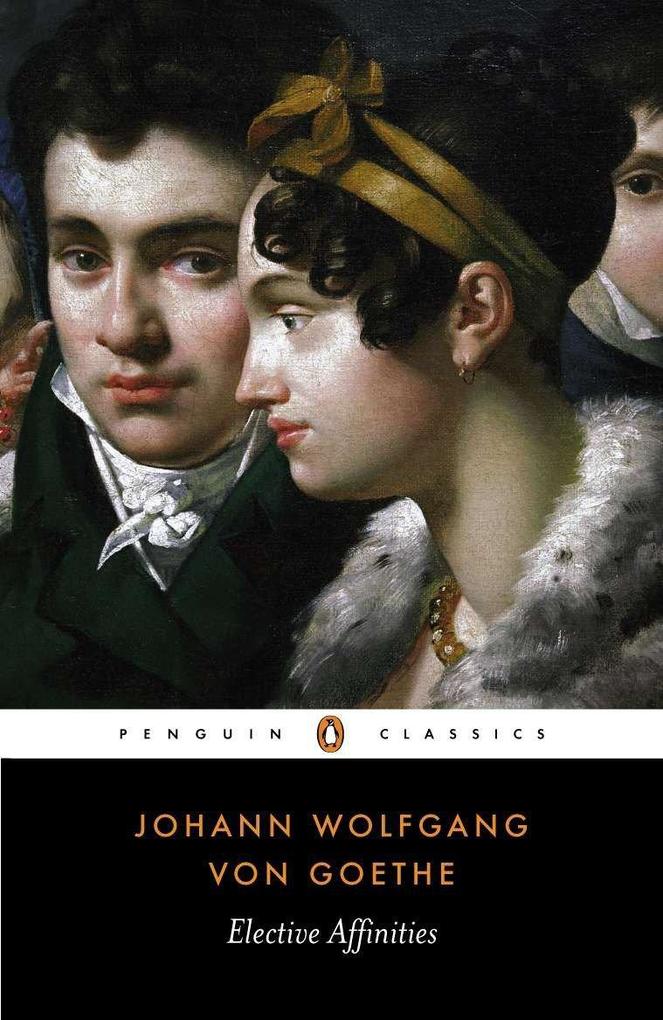
Zustellung: Fr, 23.05. - Fr, 30.05.
Versand in 3-4 Wochen
VersandkostenfreiBestellen & in Filiale abholen:
Condemned as immoral when it was first published, this novel reflects the conflict Goethe felt between his respect for the conventions of marriage and the possibility of spontaneous passion.
For more than seventy years, Penguin has been the leading publisher of classic literature in the English-speaking world. With more than 1,700 titles, Penguin Classics represents a global bookshelf of the best works throughout history and across genres and disciplines. Readers trust the series to provide authoritative texts enhanced by introductions and notes by distinguished scholars and contemporary authors, as well as up-to-date translations by award-winning translators.
For more than seventy years, Penguin has been the leading publisher of classic literature in the English-speaking world. With more than 1,700 titles, Penguin Classics represents a global bookshelf of the best works throughout history and across genres and disciplines. Readers trust the series to provide authoritative texts enhanced by introductions and notes by distinguished scholars and contemporary authors, as well as up-to-date translations by award-winning translators.
Inhaltsverzeichnis
Elective Affinities - Johann Wolfgang von Goethe Introduction
Elective Affinities
Part One
Part Two
Elective Affinities
Part One
Part Two
Produktdetails
Erscheinungsdatum
27. Juli 1978
Sprache
englisch
Seitenanzahl
320
Reihe
Penguin Classics
Autor/Autorin
Johann Wolfgang von Goethe
Übersetzung
R. J. Hollingdale
Verlag/Hersteller
Produktart
kartoniert
Gewicht
241 g
Größe (L/B/H)
198/129/22 mm
Sonstiges
B-format paperback
ISBN
9780140442427
Entdecken Sie mehr
Bewertungen
0 Bewertungen
Es wurden noch keine Bewertungen abgegeben. Schreiben Sie die erste Bewertung zu "Elective Affinities" und helfen Sie damit anderen bei der Kaufentscheidung.









